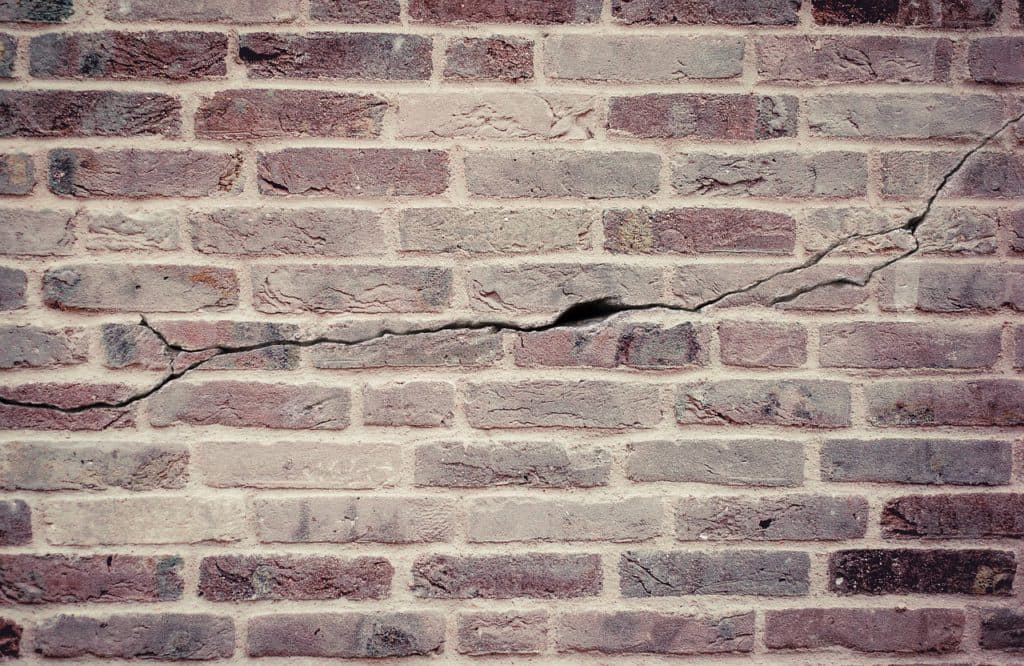
Originally posted 3/25/21, updated 6/2/21
Since our founding in 1996, Acculevel has repaired more than 30,000 homes throughout our service area. We have been involved in many real estate transactions, for both buyers and sellers.
Sometimes a homeowner will contact us before putting their home on the market, because they are aware of issues that will interfere with the home sale. More frequently, we are called in because a home inspector has noted concerns, and recommends that the potential buyer consult with a foundation repair specialist.
We’ve fielded many questions about home inspections over the years. We are dedicated to clear and honest communication with homeowners; we believe the best customer is a well-informed one. To that end, we’re going to review what a home inspector does- and does not- review during an inspection.
The American Society of Home Inspectors (ASHI) has developed standards of practice for their members to follow when they evaluate a home. For the purpose of this article, the most important sections are the basic structural elements. These include items like the roof of the home, ceilings and floors, walls, and foundation.
Our experience with inspection reports (and we have seen MANY in 20+ years), is that they document flaws that they can clearly observe. Some examples* of this would be:
There are some circumstances that prevent an area of the home from inspection; some of these are a simple situation of limited accessibility. The inspector is not required to review a crawl space with less than 2 feet of clearance between the floor and ground. They are not expected to enter a crawl space with an entryway that is less than 16 x 24 inches, either.
But there are other exceptions that may surprise you.Home inspectors also do not evaluate areas that have limited visibility, like:
*Examples are all taken from reports shared with us by customers
Confused about appraisals and inspections? Not sure which you need, and for what purpose? We explain the differences between a home inspection, home appraisal, and a contractor’s inspection.
The goal of an ASHI member is to help their client (usually the potential buyer) accumulate all the necessary information before they decide whether to buy a particular home. As you can see from the examples above, their intention is to give your home a thorough review and flag any potential issues they find.
They know the usual life expectancy of appliances, typical replacement rates for items like roofs and gutters, and can help a home buyer anticipate what sort of ‘rainy day fund’ they should establish. But they are not plumbers, electricians, waterproofing experts, or any other type of contractor. They are trained to look for signs a homeowner may need one of these contractors.
Inspectors are not structural engineers, which means they are unable to verify if the building is adequately secure. Structural engineering is the analysis of a building or structure, and its ability to resist the forces acting upon it. These forces include things like gravity, wind strength, and the weight of the furnishings inside the structure. A structural engineer determines the strength of the forces acting on the home, and if that building will stand firm against those forces. Only a structural engineer has the expertise needed to determine if a building is a sound structure.
Would you like to perform your own foundation inspections? Please use our free DIY Checklist that will guide you through this process. We recommend that you do this twice per year.
Do you need more information about home inspections? We have an article that explains what steps to take if your inspection reveals problems with a house.
And if you aren’t familiar with hiring contractors- or if you have had less than stellar experiences with them- please use our guide: Questions To Ask A Contractor. The article explains the relevance of the questions (and Acculevel’s answers), and comes with a free downloadable copy for you to use.
Keep in mind that not all contractors can repair all types of foundations. For example, most of Acculevel’s repair methods are designed for use on concrete. Not sure what type of foundation contractor you need? We break down options and service providers by foundation type, here.
Once you know which type of contractor you need, find an experienced local company and make an appointment. Before you sign a contract for any service, you should always verify the company is reputable, insured, and accredited by the Better Business Bureau.
If you live in Indiana or the surrounding states, please contact Acculevel and request a free estimate. One of our experienced project managers will evaluate your foundation and recommend the best course of action for you, to keep your home strong and healthy for years to come.
[DISPLAY_ULTIMATE_SOCIAL_ICONS]